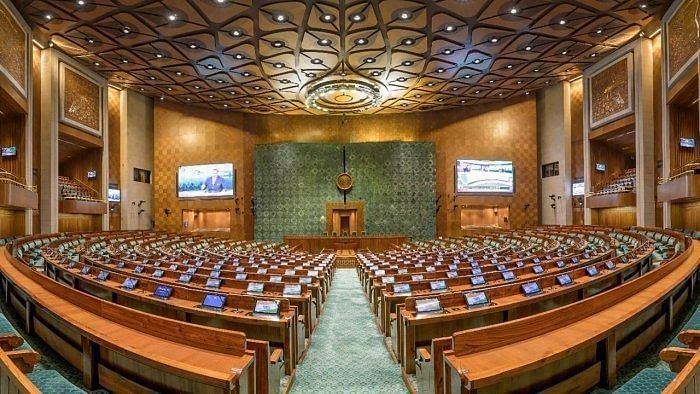
A parliamentary panel has recommended that top cultural institutions and academies must take prior undertakings from the recipient of the honour to ensure that the return of the award is not used as an instrument of political protest.
The recommendations tabled in Parliament on Monday are part of the Standing Committee on Transport, Culture and Tourism’s report on the ‘Functioning of National Akademis and Other Cultural Institutions’.
While deliberating on the subject, the panel was informed by the Ministry of Culture that in 2015, 39 writers returned their awards to Sahitya Akademi — an institution that promotes literature in Indian languages — in protest against the murder of eminent Kannada writer and rationalist MM Kalburgi.
“Such inappropriate incidents involving the return of awards undermine the achievements of the other awardees and also impact the overall prestige and reputation of the awards,” the report observed. The 2015 ‘award wapsi’ was triggered by noted Hindi novelist Uday Prakash’s decision to return his award to the Akademi.
Other recipients of the decoration, like Nayantara Sehgal and Ashok Vajpayee, followed suit.
While some writers returned their plaques, a few others also sent back the award money.
The Executive Board of the Akademi, however, passed a resolution requesting the awardees to reconsider their decision.
Noting that the academies were apolitical institutions, and thus the return of the award was ‘disgraceful to the country’, the committee headed by YSRCP MP Vijay Sai Reddy suggested: “a system may be put in place where an undertaking is taken from the proposed awardee citing acceptance of the award and that the awardees cannot dishonor the award at any point of time in future.”
The Committee also recommended that Akademis may even consider taking prior concurrence of short-listed candidates before the awards are finalized.
The parliamentary committee in its report further suggested that in case the awards are returned as a mark of political protest, the awardee shall not be considered for such an award in the future.
“Awards may not be given without such an undertaking. In the event that the awards are returned, the awardee shall not be considered for such award in the future,” the committee said in its report.
The report said an MP objected to the recommendation saying, "he was of the view that India is a democratic country, and our Constitution has provided to every citizen the freedom of speech and expression and also the freedom to protest in any form. Returning of awards is only a form of protest."
It also said the MP wanted the Committee "must strongly recommend to the Government to look into the actual issues in protest of which such awards have been returned and work towards resolving them. He was seconded by another Member." Sources said CPI(M)'s AA Rahim recorded his objections and was seconded by Congress' K Muralidharan.